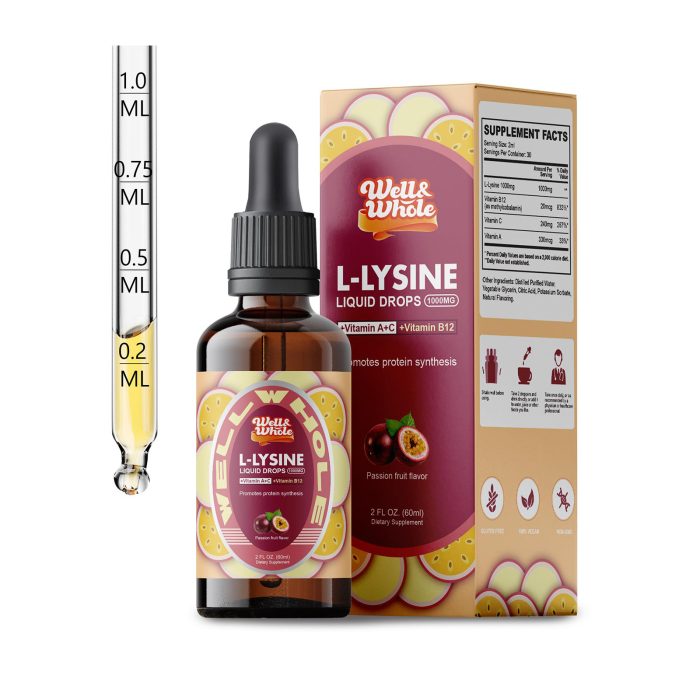Title: The Truth About TUDCA and Cancer Risk: Separating Fact from Fiction
Understanding TUDCA
Tauroursodeoxycholic acid, commonly known as TUDCA, is a derivative of bile acid that has gained popularity for its potential health benefits. It’s often used as a supplement for liver support, neuroprotection, and even in the management of certain chronic diseases. But with the rise in its popularity, a question that frequently emerges is whether TUDCA causes cancer.
Exploring the Cancer Concerns
The concern about TUDCA and cancer arises from the fact that it is a derivative of bile acids, which have been studied for their potential to induce carcinogenesis. However, this assumption oversimplifies the complex relationship between TUDCA and cancer risk. Research into this area is ongoing, and the current evidence offers a more nuanced picture.
Current Research Findings
Recent studies have not found a direct link between TUDCA and an increased risk of cancer. On the contrary, some research suggests that TUDCA may have anticancer properties. It has been observed to modulate apoptosis, or programmed cell death, which is a crucial process in preventing the proliferation of cancer cells.
Moreover, TUDCA’s role in cellular stress response is well-documented. It can protect cells from various types of damage, including oxidative stress, which is a known contributor to cancer development. This protective mechanism could potentially reduce the risk of cancer rather than increase it.
The Importance of Quality Supplements
It’s essential to note that the quality and purity of TUDCA supplements can significantly impact their effects on health. Contaminated or low-quality supplements may pose a risk not only for cancer but also for other health issues. Consumers should purchase TUDCA supplements from reputable sources and ensure they are third-party tested.
Practical Considerations
While the available evidence does not indicate that TUDCA causes cancer, it’s always wise to consult with healthcare professionals before starting any new supplement regimen. They can provide personalized advice based on one’s health history and current condition.
Conclusion
In conclusion, the notion that TUDCA causes cancer is not supported by current scientific evidence. In fact, it may offer protective benefits against certain types of cellular damage that can lead to cancer. As with any supplement, it is crucial to use high-quality products and to consult with a healthcare provider to ensure safety and appropriateness for individual health needs. TUDCA remains a subject of ongoing research, and as new findings emerge, our understanding of its effects on health will continue to evolve.









